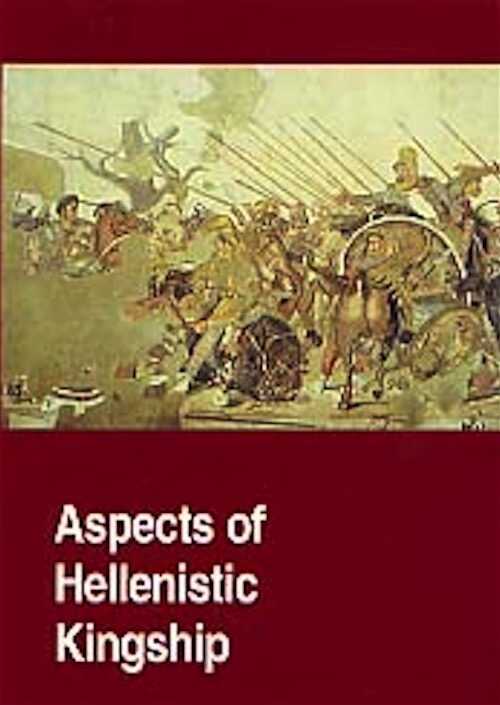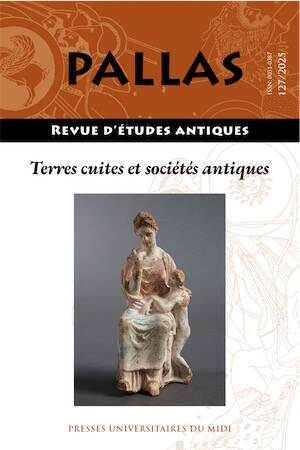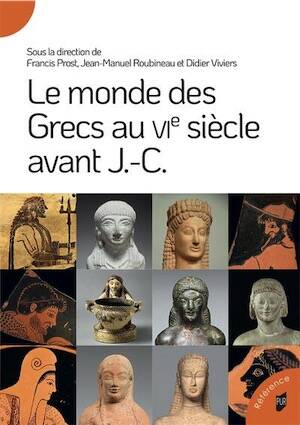- Search
- Advanced search

Aspects of Hellenistic Kingship, 1996, 160 p., ill., rel. - -
Principale institution du monde hellénistique à partir d'Alexandre, la royauté définit les pouvoirs territoriaux et l'ensemble des sociétés de l'époque, non sur le modèle de la démocratie ou de la tyrannie, mais à l'exemple de la Macédoine et de la Perse. Ce livre analyse les valeurs communes des royaumes hellénistiques et le rôle joué par ces valeurs dans l'établissement ultérieur de la main-mise romaine. Kingship was perhaps the most important single institution of the Hellenistic period. The enormous territories conquered by Alexander were organized not as a « democratic » Greek republic or a Greek type of « tyranny », but as a monarchy inspired by the Macedonian Kingdom and the Persian Empire. After Alexander's death the institution of kingship was carried on by the Diadochs in the Ptolemaic, Seleucid, Thracian and Macedonian monarchies. In the second and the first centuries BC a number of new states arose, almost all of them similary organized as kingdoms : Pergamon, Bithynia, Pontos and Cappadocia an Asia Minor, and Bactria, Parthia, Armenia, Commagene, Judaea and Nabatea in the Asian and Syrian parts of the former Seleucid Empire. Thus, in the Hellenistic period the idea of kingshipseems to have become almost contagious, and the proclamation of a king appears to have been the simplest way of etablisching sovereignty. This monarchic legacy was eventually taken over by the Roman Empire from where it was later transferred to medieval Europe. This volume focuses on the symbolic aspects of the Hellenistic monarchies : what were the values and the ideals in these kingdoms ? Were they identical or different in the various Hellenistic States ? Were some of them taken over from the Macedonian and Persian Monarchies, or created in the Hellenistic period ? In the present volume these questions are approached in two ways, one topical and one geographical. Oswyn Murray, Robert Fleischer and Erich S. Gruen treat essential aspects of Hellenistic Kingship thematically, while Amélie Kuhrt, Josef Wiesehofer, Lise Hannestad and Tessa Rajak each examines one of the Hellenistic Kingdoms.
Référence : 17146.
English
60,00 €
In the same Epoch




